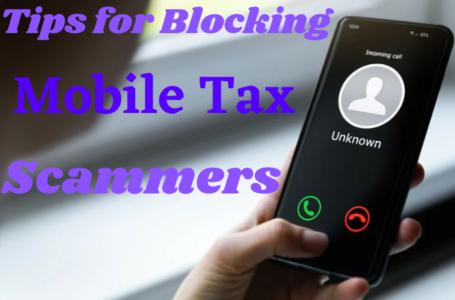
In the world of healthcare, protecting sensitive patient information is of the utmost importance. The Health Insurance Portability and Accountability Act (HIPAA) was established to set national standards for the protection of this sensitive information. As technology has advanced, so too has the need for HIPAA compliant email to ensure the secure transmission of patient information. In this guest post, we will explore what the email is, why it’s important, and how to ensure that your email practices are HIPAA compliant.
What is HIPAA Compliant Email?
HIPAA compliant email refers to the secure transmission of sensitive patient information through email. To be considered HIPAA compliant, an email must meet specific security and privacy requirements set forth by HIPAA regulations. These requirements include the encryption of the email, secure authentication of the sender and recipient, and secure storage of the email.
Why is HIPAA Compliant Email Important?
There are several reasons why HIPAA compliant email is important in the healthcare industry:
- Protecting Sensitive Information
The most obvious reason for the email is to protect sensitive patient information from unauthorized access or theft. This information is confidential and should only be accessible to authorized personnel, such as healthcare providers, insurance companies, and patients themselves.
- Avoiding Penalties for Non-Compliance
HIPAA fines for non-compliance can be costly, ranging from $100 to $50,000 per violation, with a maximum annual fine of $1.5 million. By ensuring HIPAA compliant email practices, healthcare providers can avoid these fines and maintain compliance with HIPAA regulations.
- Maintaining Patient Trust
Patients trust healthcare providers to keep their sensitive health information private. This email helps ensure that this trust is not broken by protecting patient information from unauthorized access.
Ensuring HIPAA Compliant Email
So, how can you ensure that your email practices are HIPAA compliant? Here are some steps to take:
1. Use Encryption
Encryption is the process of converting plain text into a coded form that can only be deciphered by those who have the key to unlock it. Encryption helps protect sensitive patient information from unauthorized access or theft.
2. Verify the Identity of the Sender and Recipient
Before sending any HIPAA compliant email, it’s important to verify the identity of the sender and recipient. This helps ensure that the email is not intercepted by unauthorized personnel.
3. Use Secure Email Services
Secure email services provide encrypted email transmission and secure storage of emails. These services are designed specifically for HIPAA compliant email providers and meet all of the security and privacy requirements set forth by HIPAA regulations.
4. Train Employees on HIPAA Compliant Email
Employee training is an important aspect of ensuring HIPAA compliant email practices. Employees should be trained on HIPAA regulations, the importance of this email, and how to use secure email services properly.
5. Monitor Email Use
Finally, healthcare providers should monitor the use of this email to ensure that all employees are using secure email services properly. This helps ensure that sensitive patient information is protected at all times.
Conclusion
HIPAA compliant email services are crucial for healthcare providers in protecting sensitive patient information, avoiding costly penalties for non-compliance, and maintaining patient trust. By using encryption, verifying the identity of the sender and recipient, using secure email services, training employees, and monitoring email use, healthcare providers can ensure that their email practices are HIPAA.










